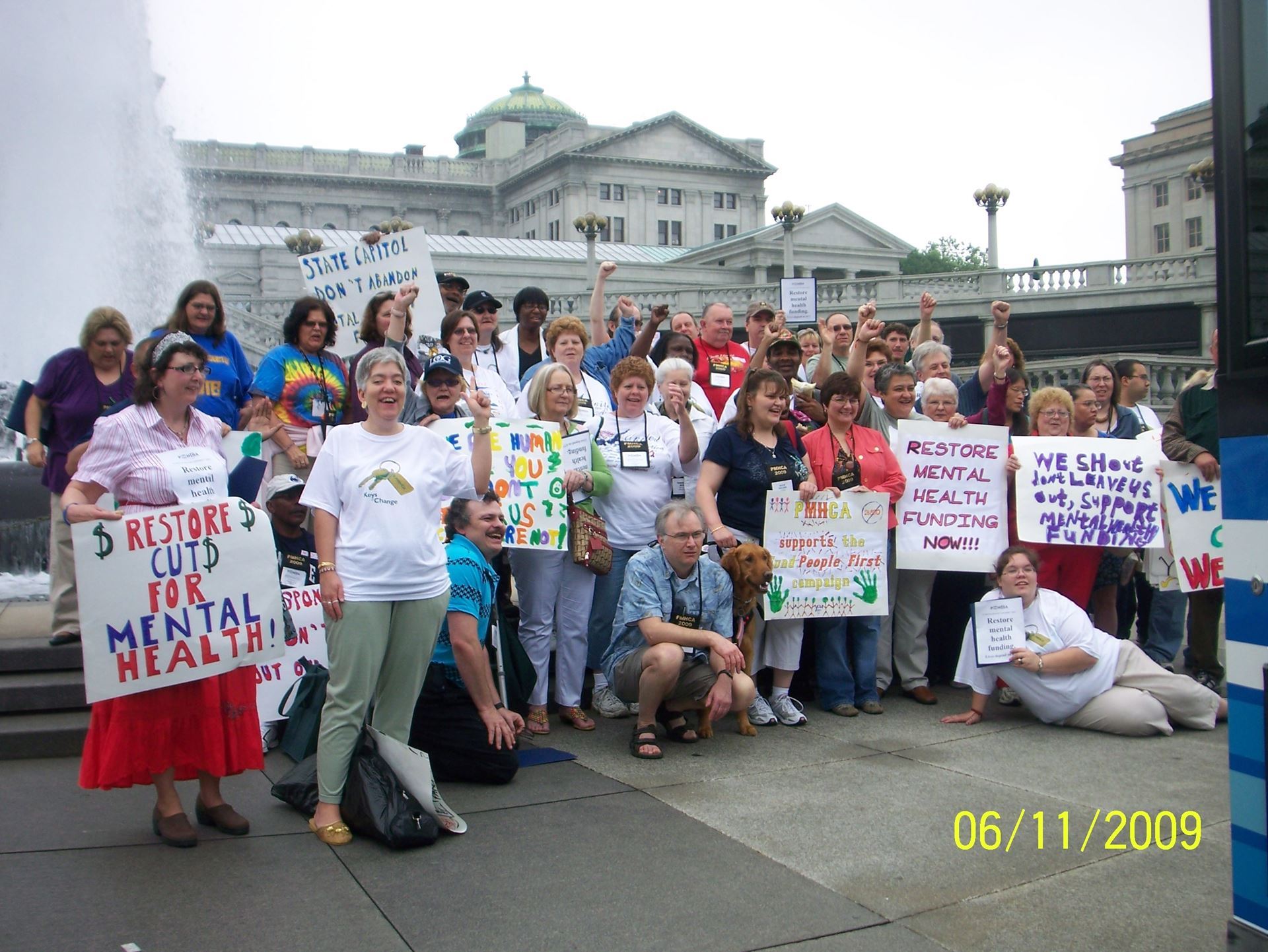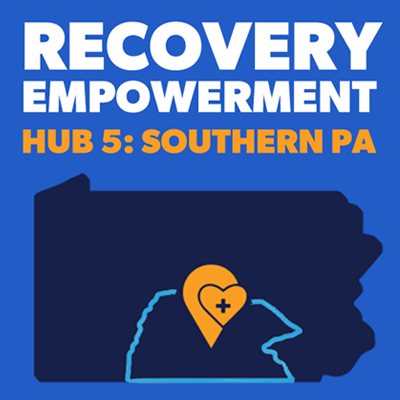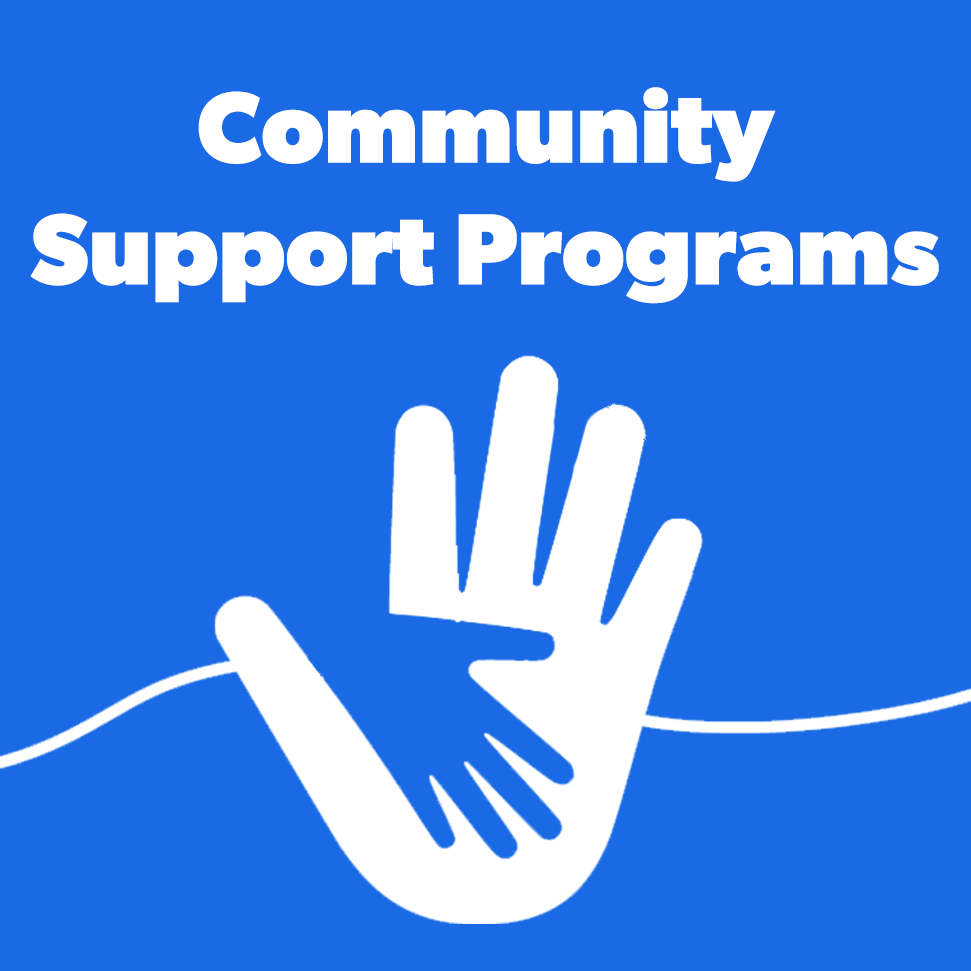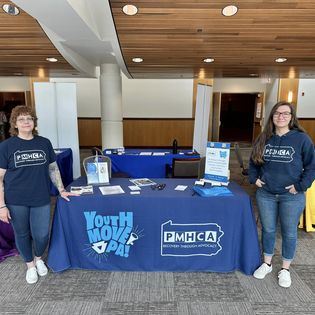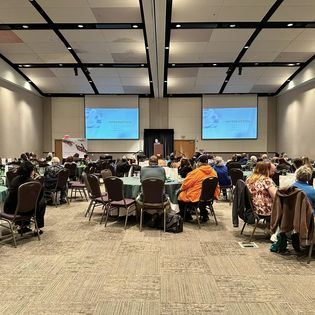

Recovery Movement
The Recovery Movement is the belief that people can and do recover from mental illness. It's recognizing that recovery should be the single most important goal for the Mental Health services system. Recovery is most likely to be successful in a society of acceptance and where the negative attitudes around mental illness are eliminated. It's a journey of healing meant to enable a person with mental health problems to live in their own communities and achieve their full potential. Recovery is integral to the work and goals of PMHCA. We advocate for recovery-oriented services for individuals and for recovery-oriented system changes including law and policy reforms. PMHCA RECOVERY PROJECTS |
Guiding Principles of Recovery
The following principles provide a philosophical and conceptual framework for all people who have been diagnosed with a mental illness. The following principles guide us as we move toward the belief and reality of recovery.
| 17 Elements of A Recovery-Oriented System
When advocating for a recovery-oriented mental health system, the following characteristics embody the principles and beliefs of recovery:
|
Read more about these Principles and Elements in the CSAT whitepaper: Guiding Principles and Elements of Recovery-Oriented Systems of Care.
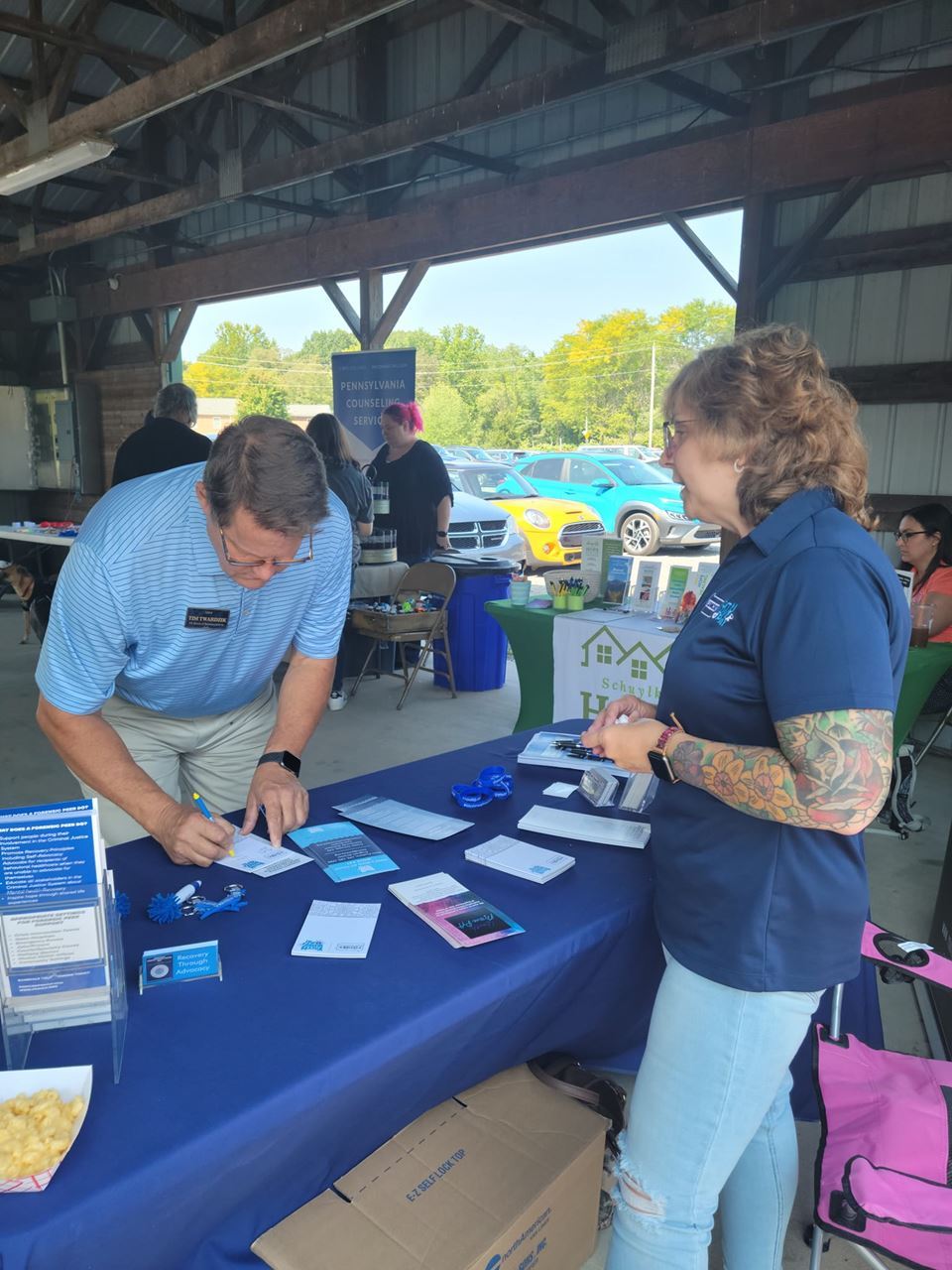

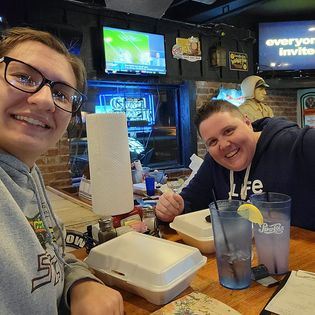
Stories of Recovery
What does Recovery look like? What does it feel like? Everyone walks their own path to find mental wellness and develop their own tools to help them remain on the road to recovery. Reading and sharing the stories of one another can help our healing process by connecting with others who have been in our shoes. It is important to share your story and speak your voice. It could help another see that they are not alone. If we listen to one another with open hearts and minds, we can stand together and walk the road of recovery toward a world of understanding. | The following are stories written by others on their journeys of recovery.
You can find more stories like these Here on SAMHSA's Resource Center to Promote Acceptance, Dignity and Social Inclusion Associated with Mental Health and also Here on the Faces and Voices of Recovery Website. |
Recovery Resources |
A Call to Change Toward a Recovery-Oriented Mental Health Service System for Adults was published by OMHSAS to establish a firm foundation for creating a recovery-oriented mental health system in Pennsylvania. it provides a concise definition of what is recovery and what is and what is not considered a recovery-oriented system. The Consumer Guide: is a guide to advocacy for mental health consumers in Pennsylvania. It was created to help those in Pennsylvania dealing with mental illness learn about the mental health system and when, where, and how they can shape it. | SAMHSA Home Page - SAMHSA's mission is to reduce the impact of substance abuse and mental illness on America's communities. Center For Substance Abuse Treatment (CSAT) - Promotes the quality and availability of community based substance abuse treatment services for individuals and families that need them. Center for Mental Health Services (CMHS) - Focuses on the prevention and treatment of mental illnesses. CMHS helps states improve and increase the quality and range of treatments, rehabilitation, and support services for people with mental illness, their families, and communities. |
| Other Links and resources:Faces and Voices of Recovery - Provides stories of recovery, recovery resources, tools, and materials beneficial to being an active advocate for the recovery movement. MH/DS Program Administrators Association of Pennsylvania - Provides a list of the local mental health/intellectual disabilities agencies for each counter and their phone numbers. They can be contacted for assistance with getting local services or for information. National Empowerment Center, INC. - Contains recovery resources including articles, book reviews, and other publications. They also have links to consumer-run organizations, peer-run organizations, coalitions, and more. |
|

